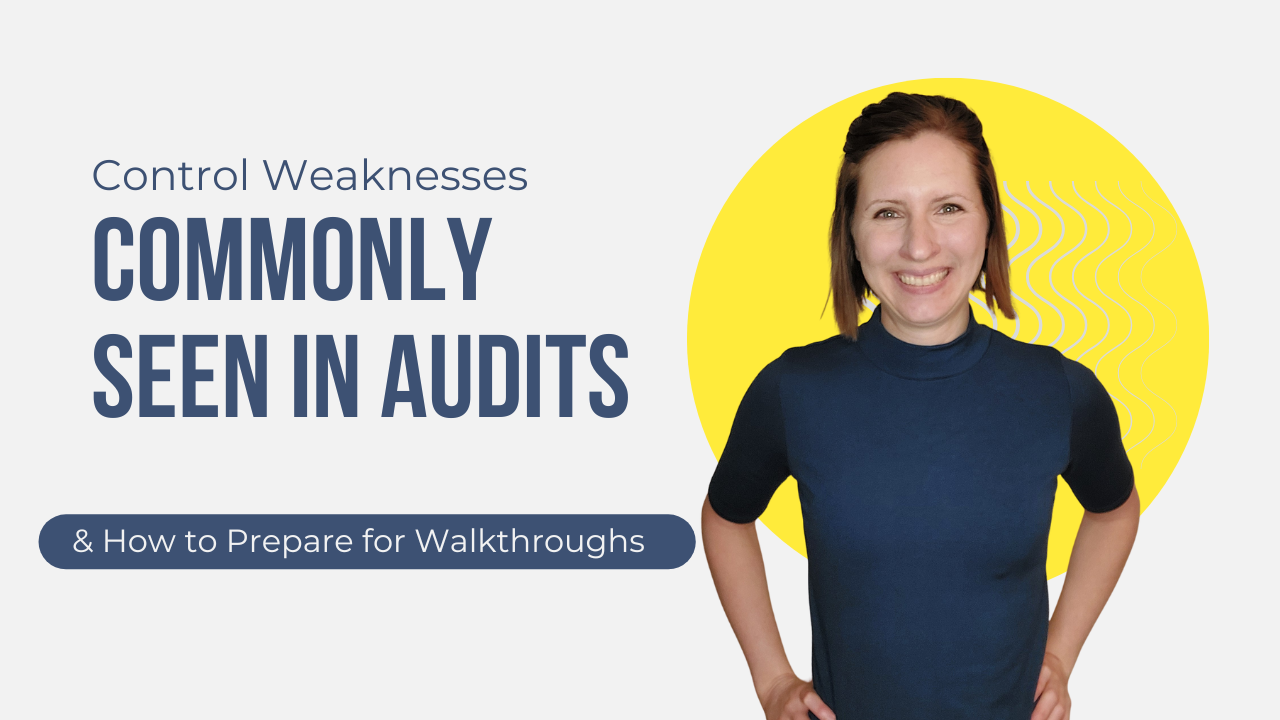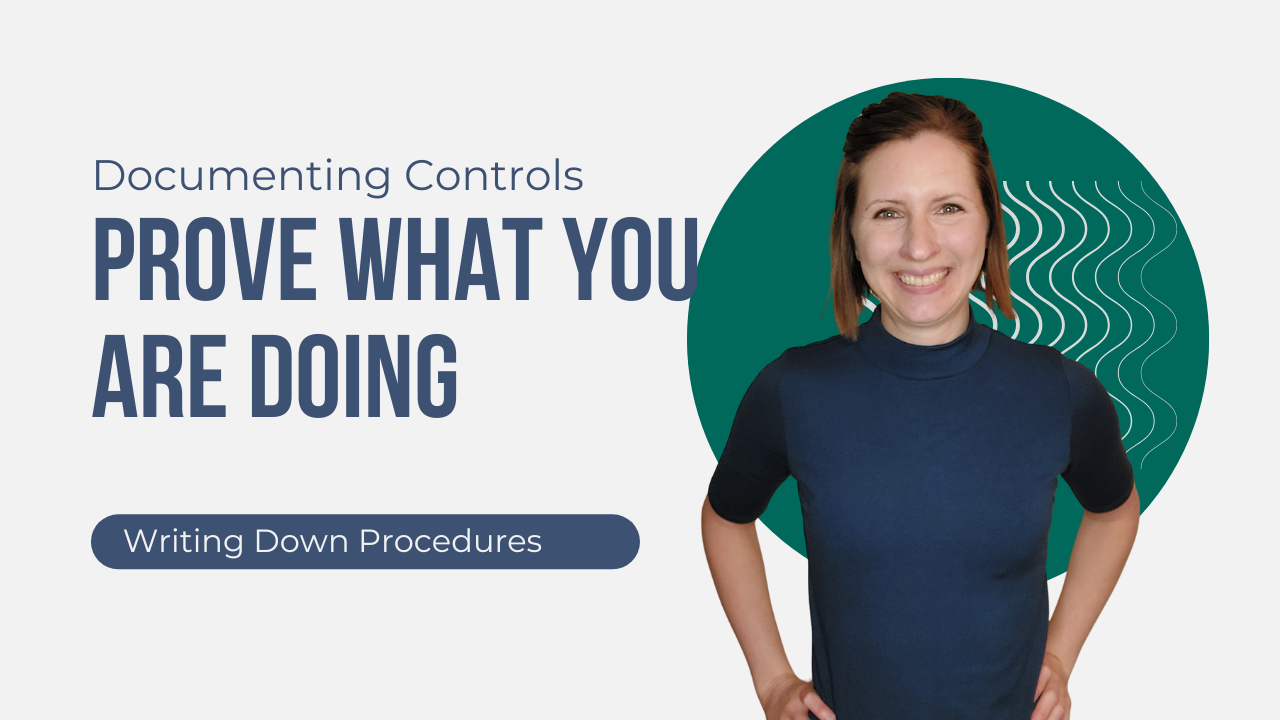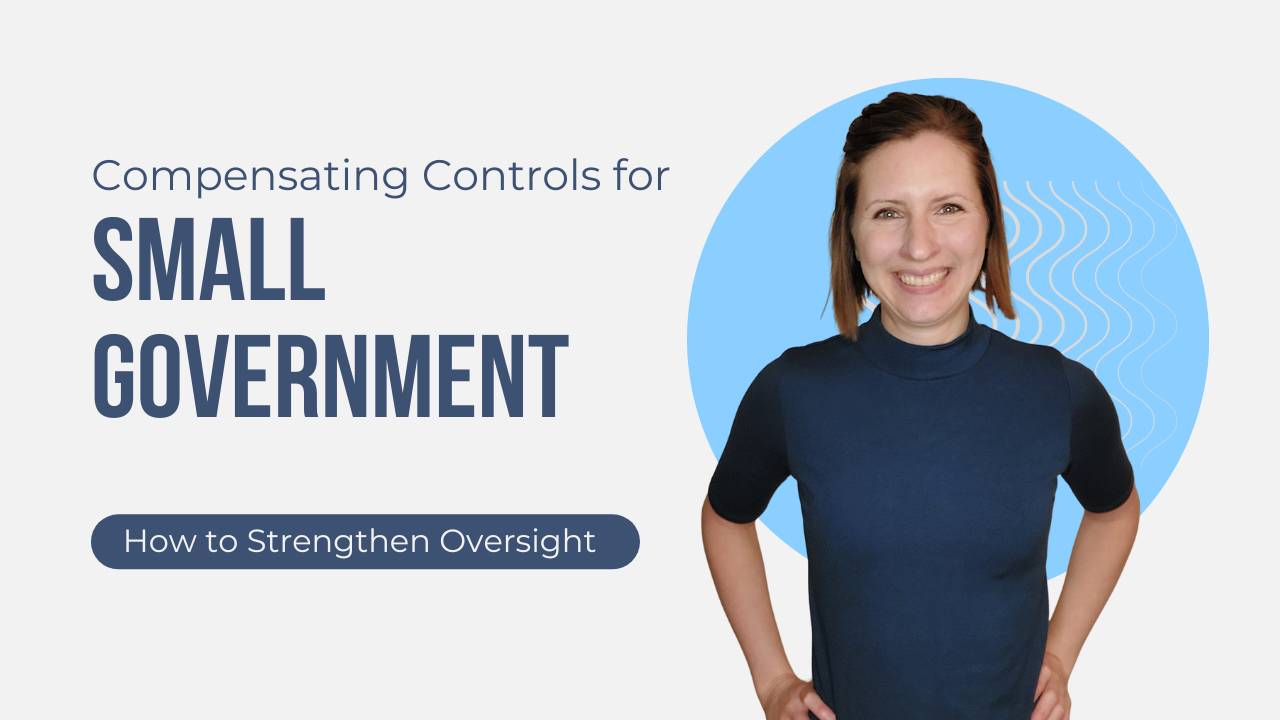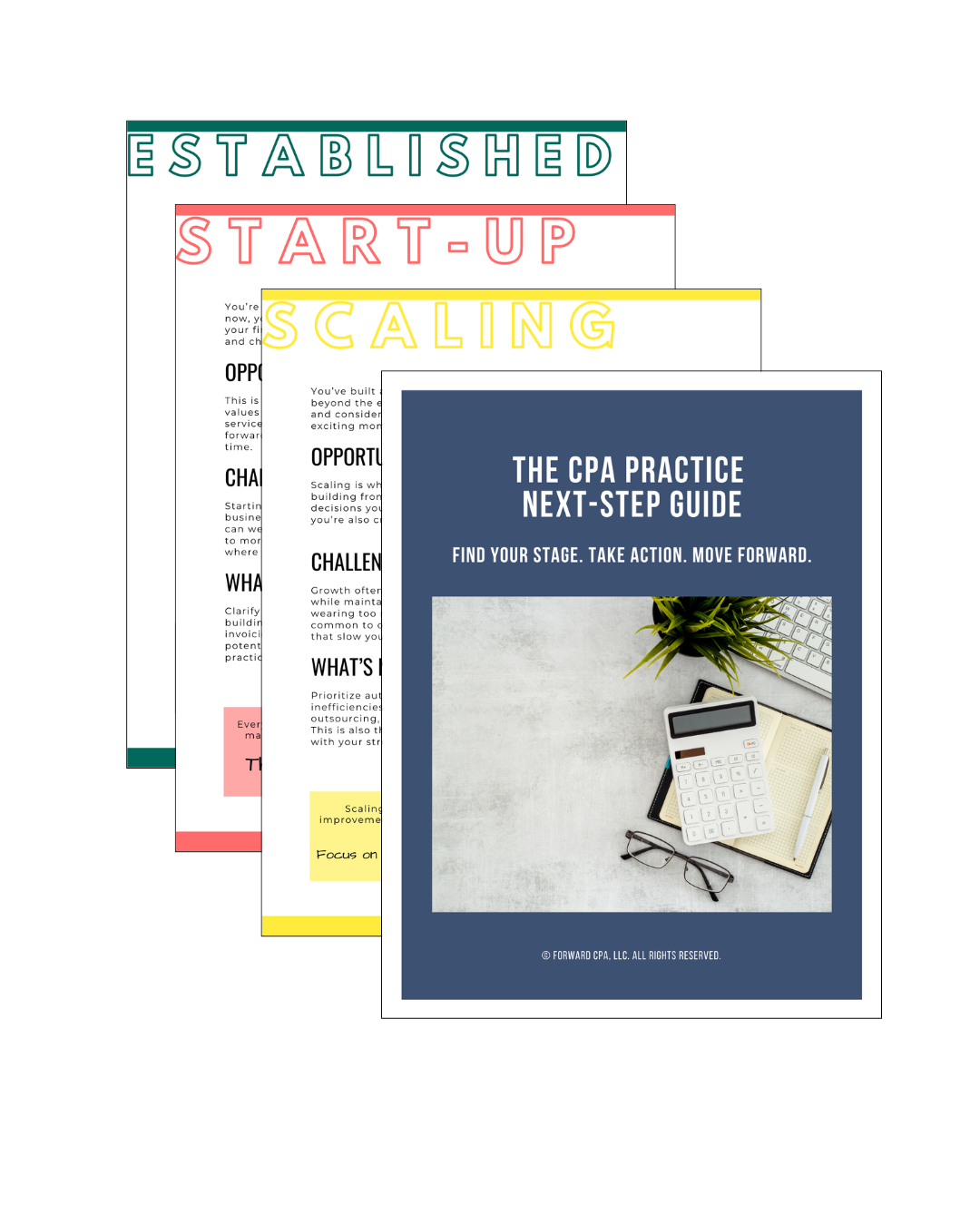The CPA's Guide to Deep Work: How to Stay Focused in a Distracting World
May 15, 2025
I get it.
Since you started reading this, you've probably glanced at your phone, checked an email, or been interrupted by a notification. In fact, while I wrote this post, I received four text messages, heard a noise outside that made me look away, and got a podcast notification on my phone.
Distraction is everywhere - and CPAs are especially vulnerable to it.
Between client emails, document requests, changing regulations, and endless notifications, it can feel impossible to stay focused long enough to complete meaningful work. The result? Days filled with busywork but little progress on the tasks that actually move your business forward.
That's where deep work comes in.
Deep work is the ability to focus without distraction on cognitively demanding tasks. It's about carving out time for uninterrupted, focused work so you can produce better results in less time. For CPAs, that might mean tackling complex reconciliations, preparing financial statements, or solving client problems without constant interruptions.
Let's break down how to practice deep work as a CPA- even in world full of distractions.
Understand Why Deep Work Matters for CPAs
CPAs aren’t paid to check email or attend meetings. We’re paid to think deeply, solve problems, and provide valuable financial insights.
Deep work helps you:
-
Complete complex tasks faster – Tasks like audit reviews, financial statement preparation, or tax planning require uninterrupted focus.
-
Reduce errors – Multitasking leads to mistakes—and in accounting, even a small mistake can cause major issues.
-
Improve mental clarity – Constant task-switching creates mental fatigue. Deep work lets you work smarter, not harder.
Identify Your Biggest Distractions (and Eliminate Them)
Distractions aren’t always obvious. Sure, phone notifications are a big one—but so are mental distractions like remembering you need to call a client or worrying about your next task.
Common CPA Distractions:
-
Phone notifications – Texts, news alerts, and social media apps are designed to steal your attention.
-
Email overload – That inbox won’t stop filling up—especially during audit season.
-
Internal interruptions – Coworkers popping in with “just a quick question” or your own thoughts distracting you mid-task.
Action Step: Spend a day tracking your distractions. Every time you get interrupted—by someone else or your own thoughts—write it down. At the end of the day, identify patterns and tackle the biggest offenders first.
Use Time Blocking to Schedule Deep Work
Time blocking is a simple but powerful strategy to create space for deep work.
Here’s how it works:
-
Step 1: Block off time for your most important work (e.g., audit reviews, report writing) in your calendar.
-
Step 2: Treat it like a meeting—no distractions, no multitasking, and no rescheduling unless it’s an emergency.
-
Step 3: Use a 90-minute focus session for deep work, followed by a short break.
Create a CPA-Friendly "Focus Environment"
Your environment shapes your focus. A cluttered workspace or noisy surroundings make it harder to engage in deep work.
How to Design a Focus-Friendly Environment:
-
Declutter your desk – Keep only the essentials: laptop, notepad, calculator, and coffee.
-
Use noise-canceling headphones – Block out background noise with apps like Noisli or tools like noise-canceling headphones.
-
Signal "Do Not Disturb" – If you work with a team, consider using a visual indicator (like a red light on your desk) when you're in a deep work session.
Tame the Email Beast (and Client Expectations)
Email is one of the biggest distractions for CPAs. Clients expect immediate answers, but constant email checking kills productivity.
Strategies to Manage Email Without Losing Clients:
-
Set email check-in times. Limit email to two or three times per day—e.g., 10 AM, 2 PM, and 4 PM.
-
Communicate expectations upfront. Let clients know you have dedicated response times but will reply within 24 business hours.
-
Use templates for repetitive emails. Draft reusable templates for common messages like document requests, audit instructions, and tax reminders.
Leverage Tools to Boost Focus
Deep work doesn’t happen by accident—you need systems and tools to support it.
CPA-Friendly Focus Tools:
-
Freedom App: Blocks distracting websites and apps.
-
Pomodoro Timers (e.g., Focus Booster): Helps break work into focused sprints.
-
RescueTime: Tracks your activity to reveal hidden time-wasters.
-
Forest App: Gamifies focus by growing a virtual tree while you work.
Tech Tip: Use website blockers during deep work sessions—especially for sites like email, LinkedIn, and news websites that easily steal time.
Protect Your Brain with Breaks
Deep work isn’t sustainable without breaks. Your brain needs time to rest and recharge—especially after a long project.
The CPA-Friendly Break Strategy:
-
Work in 90-minute intervals, followed by a 10-15 minute break.
-
Use breaks to move—stand up, stretch, or take a short walk.
-
Avoid scrolling your phone—give your mind a true break instead of swapping one type of stimulation for another.
The CPA's Guide to Deep Work: Make Focus Your Superpower
Distractions aren’t going anywhere. Your phone will keep buzzing, emails will keep coming, and your mind will always find reasons to check LinkedIn “for just a second.”
But deep work gives you the power to cut through the noise, produce better work, and finish your day knowing you made real progress.
Key Takeaways:
-
Audit your distractions to identify your biggest time-wasters.
-
Time-block deep work sessions and treat them like appointments.
-
Create a focus-friendly workspace with minimal clutter and noise.
-
Tame your inbox by checking email at set times and using templates.
-
Use tools like Freedom and RescueTime to stay on track.
-
Take regular breaks to maintain mental clarity and avoid burnout.
If you can master deep work, you’ll transform how you manage your CPA practice—one focused session at a time.
Your Next Step Forward
Join the newsletter designed to help CPAs take the next best step in building a practice they love, with practical insights, game-changing tools, and quick wins in every email.
We hate SPAM. We will never sell your information, for any reason.




